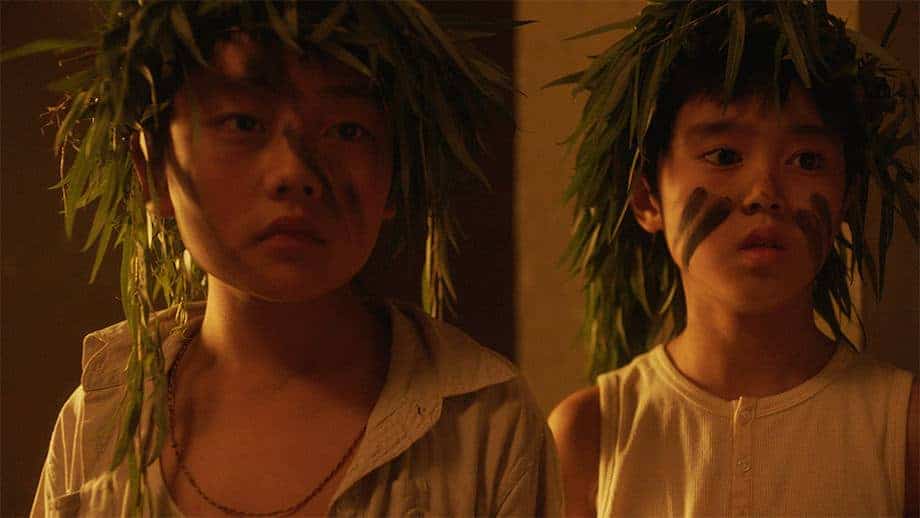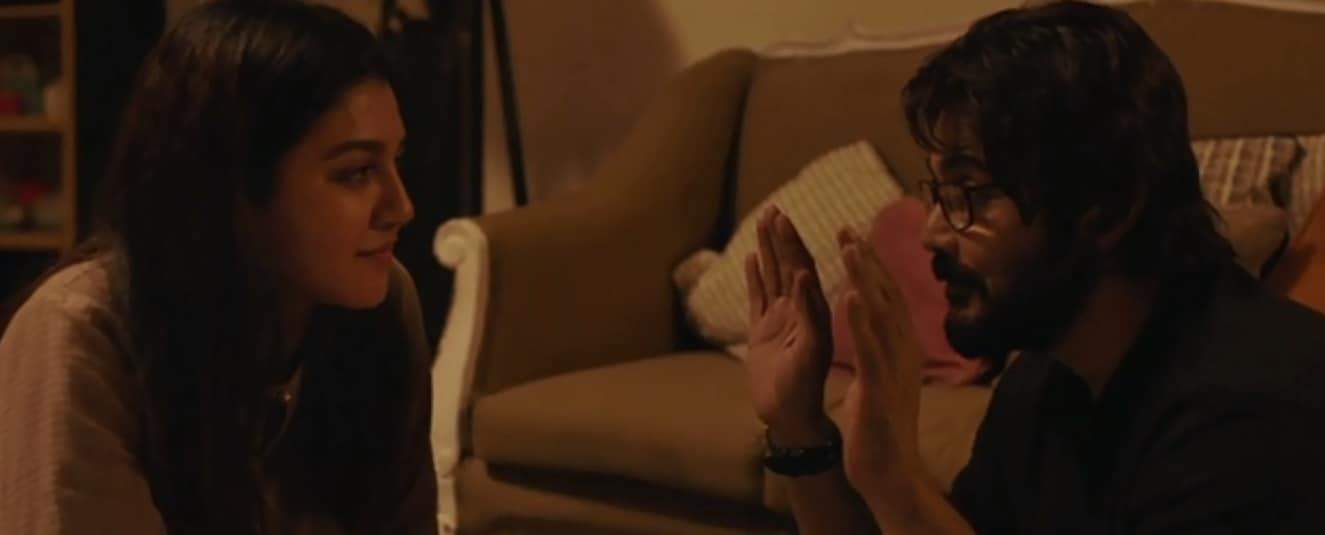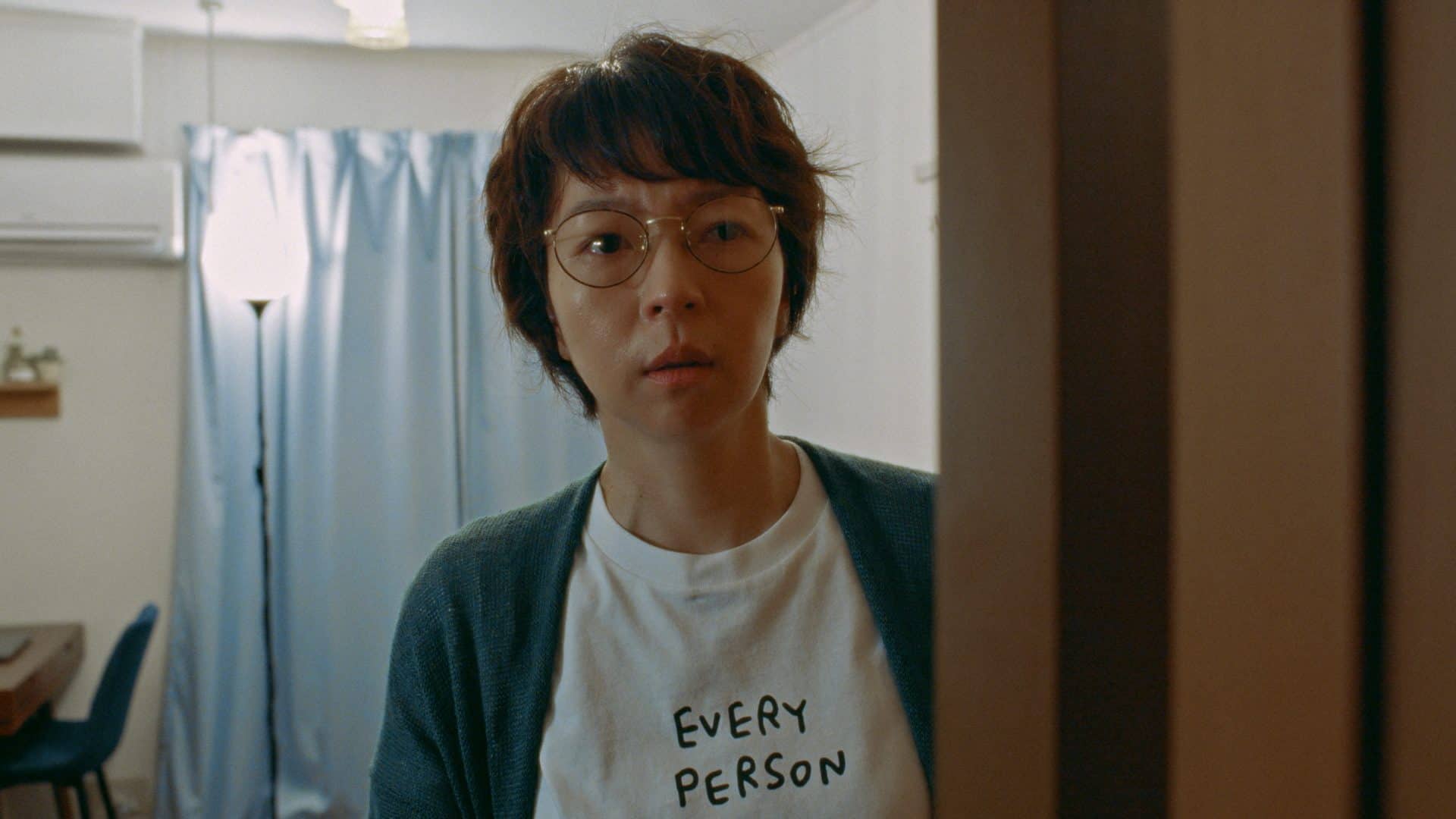“Summer Knight” is the first feature film by You Xing and Winner of the Asian Future Best Film Award at the Tokyo International Film Festival 2019. It is also the first Chinese language production made by XS Media (“A Kid like Jake” 2018).
“Summer Knight” is available from Flash Forward Entertainment
In the summer of 1997, set before the Hong Kong handover, schoolboy Tian-tian attempts to capture the bike thief, but he is stopped by his family which puts him in a moral quandary. Being disappointed by the indifference of his family and submissive to the bullies at school, Tian-tian is eager to search for the meaning of justice. Therefore, he finally plucks up the courage and decides to capture the bike thief on his own.

The nostalgic drama plays within a modest Chinese family. Tian-Tian's mother is abroad in Japan to provide a living for her parents, brother, and son at home. Director You Xing presents a sensitive and quiet coming-of-age story. Unlike other movies of that genre, his approach suppresses the energy of its young protagonists. There is no explosive climax or rebellious uprising. The acting of the main characters seems calculated and almost stiff, which is somewhat contrary to the otherwise realistic style of the film.
“Summer Knight” includes three generations. Grandparents, parents, and grandchildren. By focusing on their interactions, we get to see the inner life of the family structure. A major aspect of the plot is the topic of expectations. Grandparents set high hopes for their offspring and try to intervene in their life. These ambitions are not always met from the children, which results in disappointment. At the same time, “Summer Knight” does not only tell a coming-of-age story but also a story about coming to terms with age. Grandpa Li has to deal with the fact that he is not as savage as he used to be. He is not out for trouble and is fighting with inner demons, sickness and addiction. That's why the plot is provided with a complex field of themes and exceeds the sole representation of Tian-Tian's daily life as a schooler.
The cast is a good mix of known actors and debutants. Ludi Lin, known from “Aquaman” (2018), gives a strong performance as an ex-army uncle of Tian-Tian. His character is rather mysterious with a dark backstory that the movie keeps secret. Huang Lu is a prominent Chinese actress, who made her debut in Li Yang's “Blind Mountain” in 2007. Here, she has only a small role as the local teacher. Lingchen Ji is widely unknown but very promising as a slacker who gets helped by the old Mr. Li. The debutante actor who plays Tian-Tian is the main attraction of the cast. He carries the film and harmonises with the rest of the cast.

The concept of style is located somewhere between digital arthouse video and documentary. The scenes are clearly structured by a geometrical cinematography. The editing is used carefully, allowing long takes and leading to contemplating moments of silence. Nevertheless, the pacing is not too slow. I also noticed the partial use of slow motions, especially in lively sequences (e.g. during a soccer match). Slowing down the movements evokes the feeling of an old memory and puts us in a melancholy mood, just like the memory of an old person, who thinks of his youth. By doing so, “Summer Knight” combines different stages of life on a visual and perceptual level. The sound design is kept natural with a lot of daily background noises and a subtle classical soundtrack containing Debussy's “Reverie” as one of the main themes.
As stated above, You Xing's debut film tells the story of many different characters that are situated in different stations of life. The engagement between them is shaped by wisdom and change. Film critique tries to categorize Chinese Film in generations. According to this, “Summer Knight” could be seen as a part of the 8th generation of Chinese “New Wave” Films since its production date is within the 2010s. Besides these definitions, one can see many various metaphorical symbols used here. The reference to patriotism and the fight for freedom shown in older movies and the urge for a national hero as well as the actual story about the stolen bike that is ultimately bought back by the grandmother. Since I'm not sure if the stolen bike is a metaphor rooted in recent Chinese and Hong Kong history, I will not further elaborate on that, but it is a nice “open to discussion” element that You Xing proposes to the viewer.
I'm curious how the film and the director will be received in the future and if the upcoming festival season holds even more awards for the project.















